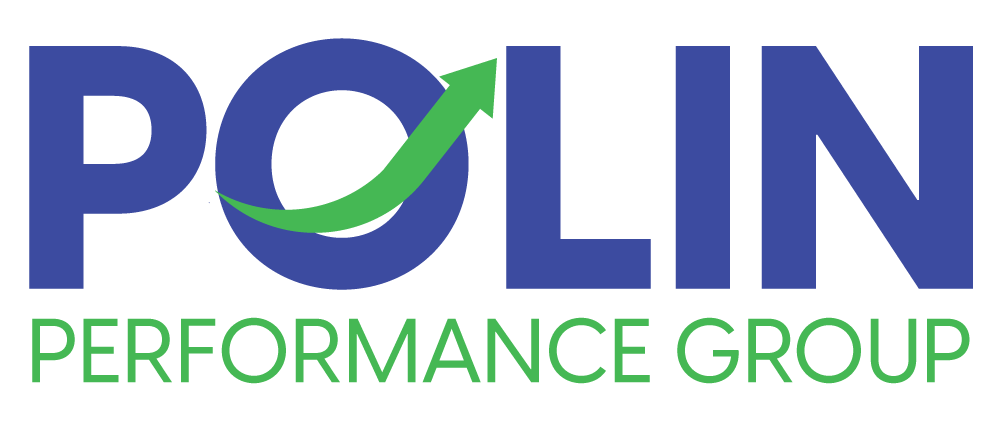December Workshop:
The Impact of Sales Coaching
Sales coaching is an essential component to effectively develop a high-performing sales team. To obtain the best results from sales coaching, it's important to follow these best practices:
- Set Clear Objectives: Clearly define the objectives and goals of the coaching program. Whether it's improving specific skills, increasing sales performance, or enhancing overall team productivity, having clear objectives provides a focus for the coaching process.
- Individualize Coaching Sessions: Recognize that each salesperson is unique and has different strengths and areas for improvement. Tailor coaching sessions to address individual needs and provide personalized guidance. This approach ensures that coaching is relevant and impactful for each team member.
- Active Listening and Observation: Effective coaching requires active listening and observation. Take the time to understand the challenges, concerns, and aspirations of each salesperson. Observe their sales calls, meetings, or presentations to gain valuable insights and provide targeted feedback.
- Provide Constructive Feedback: Feedback is crucial for growth and improvement. Deliver feedback in a constructive manner that highlights both strengths and areas for development. Focus on specific behaviors or actions and offer actionable recommendations for improvement. Encourage a growth mindset and create an environment where feedback is valued.
- Focus on Skill Development: Sales coaching should prioritize skill development. Identify the key skills and competencies that your salespeople need to excel in their roles, such as prospecting, qualifying, negotiation, or closing. Design coaching sessions and practice exercises that allow for skill-building and reinforcement.
- Role-Playing: Incorporate role-playing into coaching sessions to provide practical experience and hands-on learning. Role-playing allows salespeople to practice their sales techniques, overcome objections, and refine their communication skills in a safe environment. Provide feedback and guidance during and after role-playing exercises to facilitate growth.
- Continuous Support and Follow-Up: Sales coaching should not be a one-time event. Provide ongoing support and follow-up to reinforce the concepts and skills covered during coaching sessions. Regular check-ins and coaching sessions help maintain momentum, address new challenges, and ensure long-term improvement.
- Encourage Self-Reflection: Encourage salespeople to reflect on their own performance and identify areas for improvement. Help them develop self-awareness by asking thought-provoking questions and guiding them to evaluate their own strengths and weaknesses. Self-reflection promotes ownership of personal development and drives continuous improvement.
- Measure Progress and Success: Establish metrics and key performance indicators (KPIs) to track the progress and success of the sales coaching program. Regularly assess individual and team performance against these metrics to gauge the effectiveness of the coaching efforts. Adjust coaching strategies as needed based on the results and feedback received.
- Lead by Example: Sales leaders and managers should lead by example and demonstrate the behaviors and skills they expect from their sales teams. Show a commitment to continuous learning and improvement by participating in coaching sessions and seeking feedback. When leaders model the desired behaviors, it reinforces the importance of coaching and sets the tone for a culture of growth and development.
By following these best practices, sales coaching can become a powerful tool for driving performance, enhancing skills, and achieving measurable results within the sales team.
If you are interested in exploring sales training and coaching for your team, please reach out to Polin Performance Group by emailing us at evan@polinpg.com
Schedule a Time for a
Free Consultation
Contact Us
We will get back to you as soon as possible.
Please try again later.

You might also like

Sign up to Amplify Your Sales Results with PPG
We coach people through their sales challenges and guide them to achieve revenue levels they never thought possible.
Newsletter Signup
We will get back to you as soon as possible.
Please try again later.

Amplify Sales Results with Polin Performance Group.
Polin Performance Group provides proven strategies to increase sales, maximize performance and increase revenue for your B2B business. Our Business Development Services include Sales Coaching, Sales Training, Sales Consulting and Process Development, Workshops, and Fractional Sales Management.
Services
Company
All Rights Reserved | Polin Performance Group, LLC.


